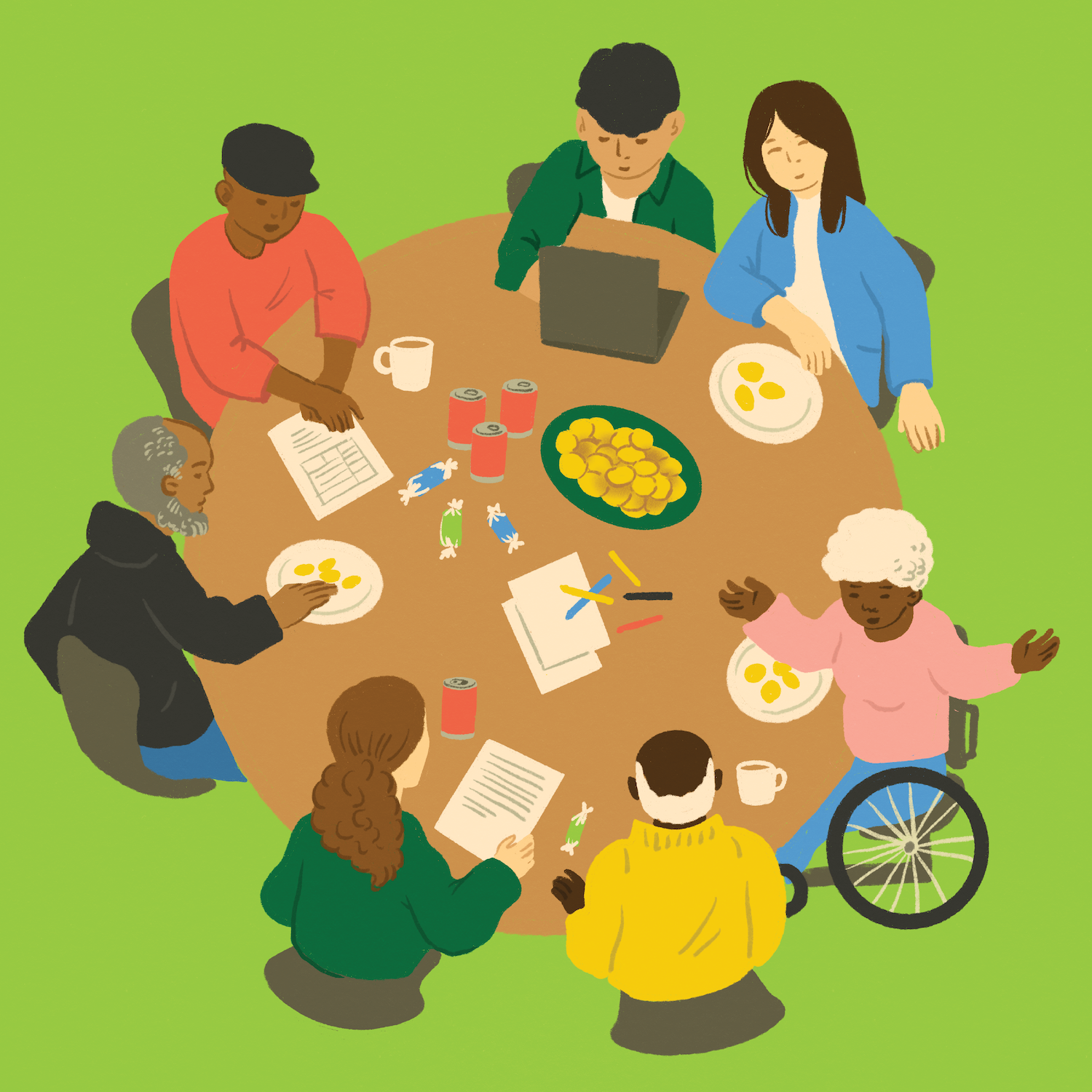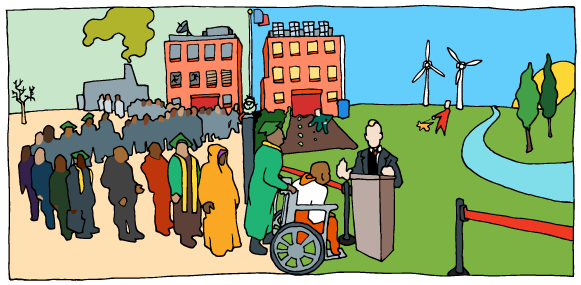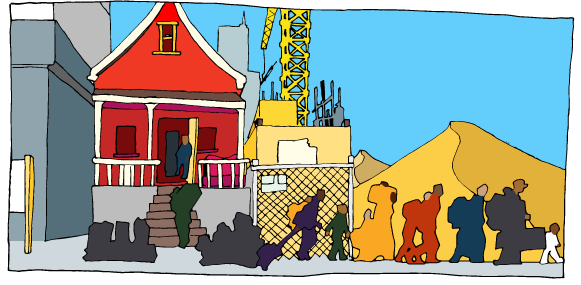Meet Our Community
We are powerful tenants, workers, and families rooted in working-class Black and Brown neighborhoods in south Seattle.

And our community is getting squeezed, pushed, and thrown away by a system that does not work for us.

Wages Are Too Low
Our communities struggle to survive with jobs that are unstable, unhealthy, and underpaid – between unemployment & poverty wages in a city with obscene wealth for the few.


Rent Is Too High
We’re living with rent hikes, housing insecurity, displacement, and unsafe & unhealthy living conditions, as landlords and real estate tycoons amass money and there’s less and less public investment in healthy housing.
Our Futures Are Endangered
Our futures are threatened by state violence, the gutting of care infrastructure, and the growing fires & floods of climate change – our dignity and our lives are under attack.

As we’re living in dangerous times, Got Green is inspired by the courage and solidarity of everyday people. Got Green addresses these issues by building community power in south Seattle and fighting for transformative change.
